Medical Tourism: Travel to Another Country for Medical Care
https://wwwnc.cdc.gov/travel/page/medical-tourism
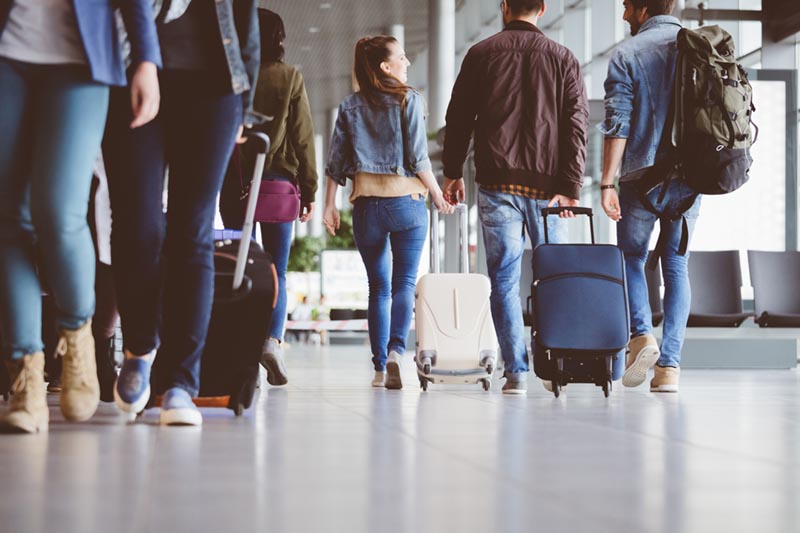
Traveling to another country to get medical care can be risky. Learn about the risks and how to minimize them.
Going Abroad for Medical Care
Medical tourism is when a person travels to another country for medical care. Each year, millions of US residents participate in medical tourism. Medical tourists from the United States commonly travel to Mexico and Canada, as well as countries in Central America, South America, and the Caribbean.
People may travel to another country to get health care for many reasons, including:
- Cost: To get treatment or a procedure that may be cheaper in another country.
- Culture: To receive care from a healthcare provider who shares the traveler’s culture and language.
- Unavailable or Unapproved procedure: To get a procedure or therapy that is not available or approved in the United States.
The most common procedures that people undergo on medical tourism trips include dental care, surgery, cosmetic surgery, fertility treatments, organ and tissue transplantation, and cancer treatment.
Medical Tourism Can Be Risky
Your risk of complications depends on the destination, the facility where the procedure is being performed, and whether you are in the good physical and psychological condition for the procedure(s). Other issues that can increase you risk of complications include:
Infectious Disease. All medical procedures have some risk of complications, those associated with procedure done in other countries include wound infections, bloodstream infections, donor-derived infections, and diseases such as hepatitis B, hepatitis C, HIV.
Antibiotic resistance. Antibiotic resistance is definitely a concern and a global problem; however, you are more likely to get an antibiotic-resistant infection in some countries. Highly drug-resistant bacteria have caused infectious disease outbreaks among medical tourists.
Quality of Care. Some countries’ requirements for maintaining licensure, credentialing, and accreditation may also be less than what would be required in the United States. In some countries, counterfeit medicines and lower quality medical devices may be used.
Communication challenges. Communicating with staff at the destination and healthcare facility may be challenging. Receiving care at a facility where you do not speak the language fluently could lead to misunderstandings about your care.
Air Travel. Flying after surgery can increase the risk for blood clots, including deep vein thrombosis. If you get chest or abdominal surgery do not travel by air for at least 10 days to avoid risks associated with changes in atmospheric pressure. People who get cosmetic procedures of the face, eyelids, or nose, or who have had laser treatments should wait 7–10 days before flying.
Continuity of Care. You may need to get health care in the United States if you have complications after returning.

How to Minimize Medical Tourism Risks
Get a pre-travel consultation
- If you are planning to travel to another country for medical care, see a your healthcare provider or travel medicine provider at least 4–6 weeks before the trip to discuss general information for healthy travel and learn about specific risks you may face because of your health status, the procedure, and travel before and after the procedure.
- Obtain international travel health insurance that covers medical evacuation back to the United States.
- Before planning vacation activities, such as swimming or taking tours, find out what activities are not permitted after the procedure.
Maintain your health and medical records
- Bring copies of your medical records with you, including results of lab tests and any other tests done related to your condition and care. Inform the medical staff at your destination of any allergies you may have.
- Pack a travel health kit with your prescription and over-the-counter medicines. Bring enough medicine to last your whole trip, plus a little extra in case of delays. Also, bring copies of all your prescriptions and a list of medications you take, including their brand names, generic names, manufacturers, and dosages.
- Get copies of all your medical records from the destination, before you return home. You may need to get them translated into English.
Research the healthcare provider and facility
Check the qualifications of the healthcare providers who will be doing the procedure and the credentials of the facility where the procedure will be done. Accrediting groups, including Joint Commission International, DNV GL International Accreditation for Hospitals, and the International Society for Quality in Healthcare, have lists of standards that facilities need to meet to be accredited. Please note, that all surgeries carry the risk of complications, and accreditation does not guarantee a positive outcome.
If you go to a country where you do not speak the language, determine ahead of time how you will communicate with your doctor and others who will be caring for you.
Arrange for follow-up care.
- Identify where you will be staying immediately after the procedure.
- Before you travel abroad for medical tourism make sure you can get any needed follow-up care in the United States.
More Information
- CDC Yellow Book: Medical Tourism
- American Medical Association Ethical Guidance on Medical Tourism
- Organization for Safety, Asepsis, & Prevention's Traveler’s Guide to Safe Dental Care
- The International Society of Aesthetic Plastic Surgery guidelines for travelers

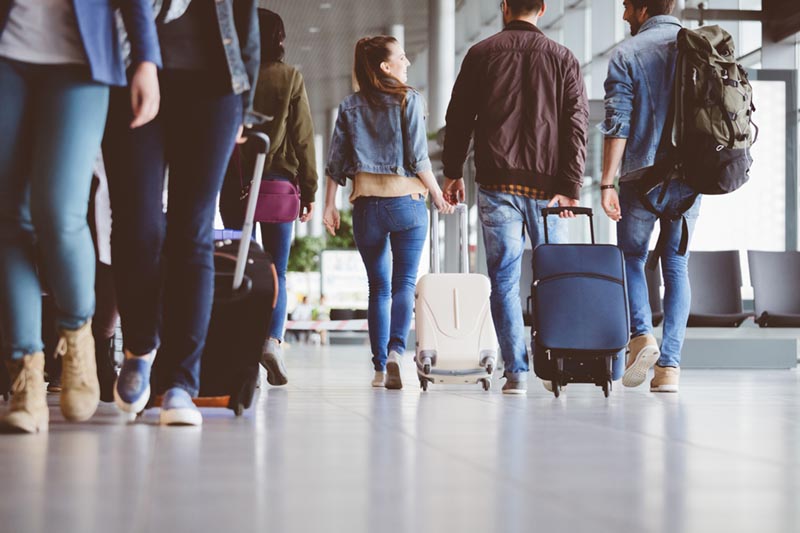

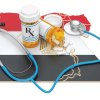



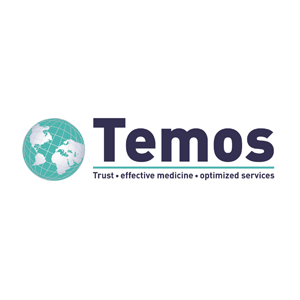


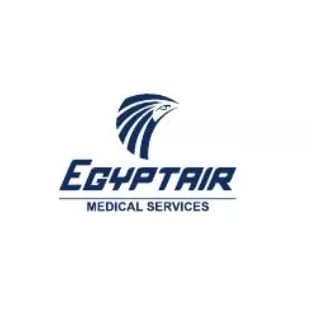

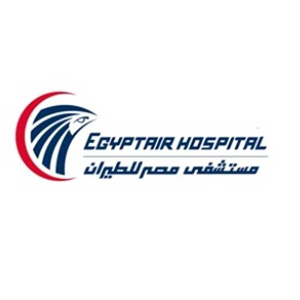

Poster un commentaire